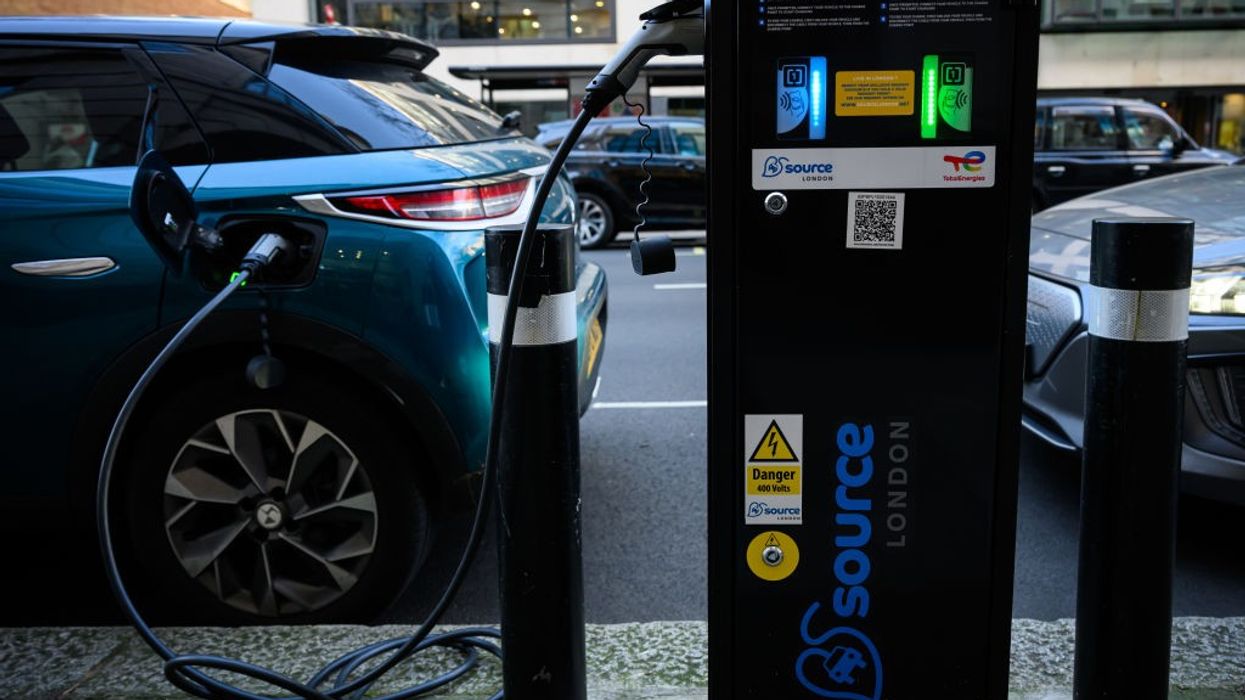THE UK car industry sold a record number of all-electric vehicles in 2024 but still fell short of the government's mandated targets, an industry trade body said Saturday (4).
Battery electric vehicles made up 19.6 per cent of new cars sold last year, said the Society of Motor Manufacturers and Traders, which was below the government's 22-per cent target for carmakers.
The SMMT reported a "record annual volume" of 382,000 battery electric vehicles sold last year.
The automobile trade body had already warned in October that carmakers were at risk of missing government targets, with manufacturers facing government penalties of £15,000 ($18,625) per polluting vehicle sold above the limits.
However, the government has since assured that it expects all manufacturers to avoid the penalties in 2024 by taking advantage of flexibility mechanisms that will take into account, among other things, emissions reductions across the whole fleet.
The group's chief executive, Mike Hawes, said that while the market share of electric vehicles grew, this came at a "huge cost" to the industry.
He referred to the "billions invested in new models" supplemented by "unsustainable" incentives provided by the industry.
Hawes urged the government to review the mandate and to do more to stimulate private demand, including improving charging infrastructure.
The SMMT also warned that reaching the thresholds in 2025 will be "even more intense" with the mandates pushed up to 28 percent of cars sold.
There are also concerns over the Labour government's pledge to bring forward the ban on the sale of new petrol and diesel vehicles to 2030, after the previous Conservative government pushed it back to 2035.
Overall, the SMMT reported that the number of new vehicles registered in the UK increased to almost 2 million, up by 2.6 per cent year-on-year.
It said that growth was mainly driven by business purchases as demand from private buyers dropped.
Despite a second successive year of growth, the overall car market remains below pre-pandemic levels.
(AFP)





